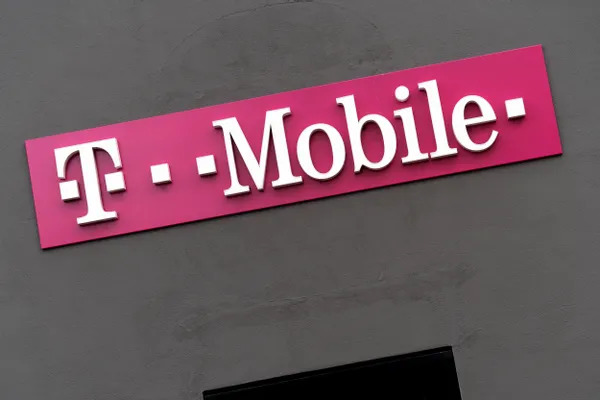If you received a text message from the 5-digit number 2513, you are receiving a communication from T-Mobile. The T-Mobile text 2513 code is an official, legitimate short code used almost exclusively for high-security, Two-Factor Authentication (2FA) and identity verification.
The appearance of this code is a critical part of T-Mobile’s defense against unauthorized account access. Whether you requested the code or not, you should treat messages from 2513 as a serious alert.
This guide explains the primary use of the 2513 short code, clarifies its relationship with other codes, and provides immediate, crucial steps to take if you receive a code unexpectedly.

What is the T-Mobile Text 2513 Code Used For?
The 2513 short code is a transactional number—meaning it only sends messages when an action is being performed on your account. It is designed to be the final barrier against unauthorized access.
Primary Purpose: Account Security and Verification
The 2513 code is used by the T-Mobile system to send a temporary, single-use passcode to your phone number when you or someone else attempts one of the following high-security actions:
- Online/App Login: Logging into your My T-Mobile account from a new browser or device.
- Password Reset: Initiating a password reset request for your T-Mobile ID.
- Customer Service Verification: Verifying your identity when speaking with a T-Mobile representative over the phone or chat.
- Account Changes: Authorizing a sensitive account change, such as a transfer of billing responsibility or adding a new line.
2513 vs. 2512 (The Key Difference)
T-Mobile uses various short codes for different communication types. The neighboring code 2512 is used for general communications (promotional campaigns, billing alerts, order confirmations). The 2513 short code, by contrast, is reserved for messages with critical security implications.
CRITICAL ACTION: If You Didn’t Request the Code
If you receive a text from 2513 containing a verification code, but you were not actively trying to log into T-Mobile or talk to a representative, this indicates that a malicious actor has obtained your password and is currently trying to hack your account.
The code in the text is the only thing stopping them.
Immediate Security Steps:
- DO NOT SHARE THE CODE: Never give the code to anyone who contacts you, even if they claim to be T-Mobile support. T-Mobile representatives will only ask for a verification code if you called them first.
- Change Your Password NOW: Immediately open a web browser and type T-Mobile.com directly into the address bar. Log in and change your T-Mobile account password to a new, strong, and unique password.
- Review Account Security: While logged in, ensure your security questions and any secondary email addresses are up-to-date and secure.
Can You Stop Texts from 2513?
No, and it is strongly not recommended.
You cannot block or opt out of messages from the 2513 short code because it is an essential security feature. These messages are considered transactional alerts, and blocking them would leave your account vulnerable and could prevent you from being able to access your account yourself during a password reset attempt.
Frequently Asked Questions (FAQ)
Is the 2513 text a scam?
The text message itself is legitimate. It is a real security alert from T-Mobile. However, the reason you received it could be a warning that a scammer is attempting to breach your account. Always focus on securing your password immediately.
Does the T-Mobile 2513 code expire?
Yes. All two-factor authentication codes are time-sensitive. The code sent from 2513 is usually only valid for a short period (often 5 to 10 minutes) to minimize the window during which a scammer could use it.
What should I do if I get a 2513 text late at night?
Treat this as an urgent security warning. It strongly suggests an unauthorized person, potentially operating in a different time zone, is attempting to access your account. Change your password immediately to force the session to terminate.
Can I text 2513 back for customer help?
No. The 2513 short code is an automated, one-way system used only for sending codes. It is not monitored by customer service agents. For help, you should dial 611 from your T-Mobile phone.


